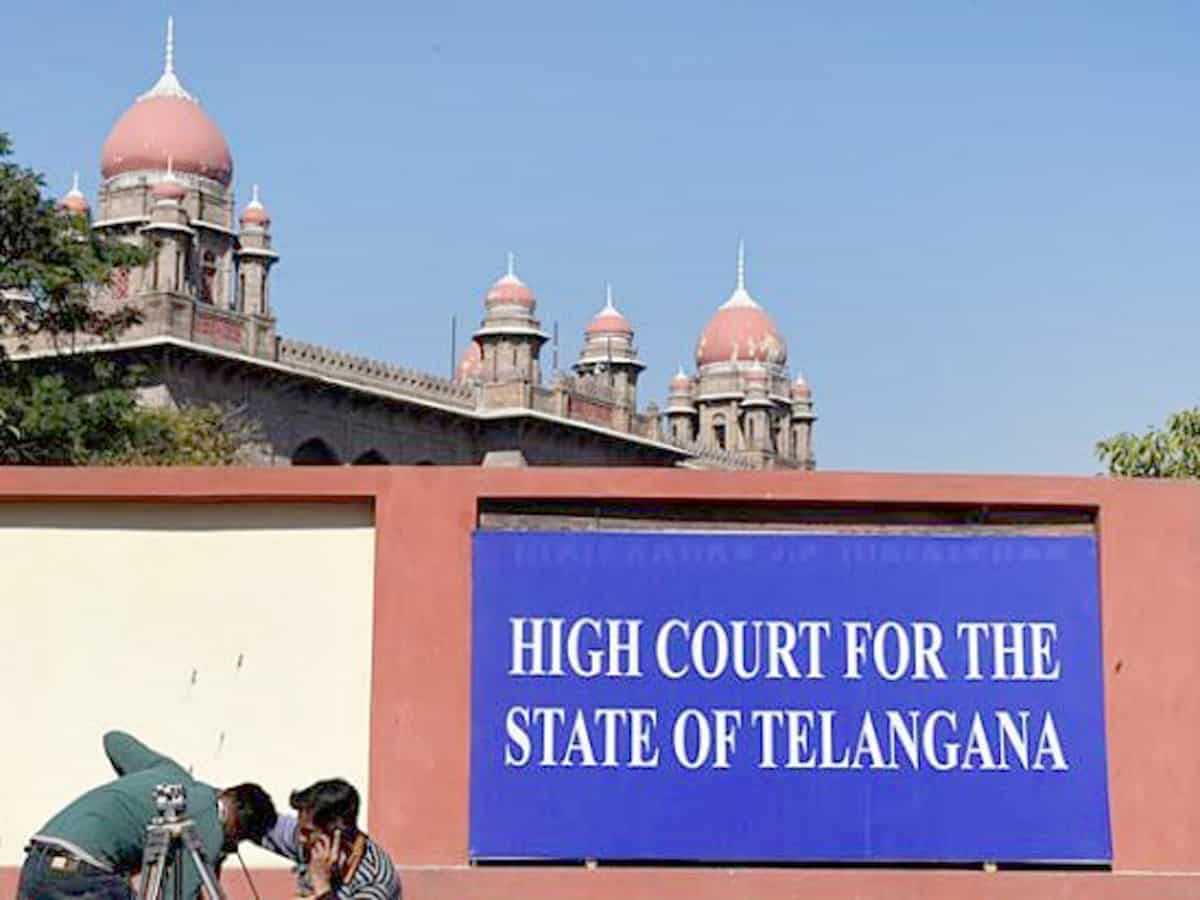
Hyderabad: The Telangana High Court has instructed the state government to revoke land allocations made to companies that have not commenced construction or taken steps to establish their businesses.
This directive was issued by a division bench led by Chief Justice Alok Aradhe and Justice J. Sreenivas during a hearing of a public interest litigation (PIL) presented by the Campaign for Housing and Tenural Rights (CHATRI), represented by its secretary S. Jeevan Kumar.
The court specifically identified several companies, including M/s Indu Techzone Private Limited, M/s Brahmani Infratech Private Limited, M/s Stargaze Properties Private Limited, M/s Anantha Technologies Limited, and M/s JT Holdings Private Limited, as respondents.
It mandated the cancellation of their land allotments if they failed to initiate operations within four months.
Arguments in the PIL
The public interest litigation (PIL) asserted that public resources, including land, should serve the community rather than be monopolized by a select few.
The petitioners claimed that the Andhra Pradesh Industrial Infrastructure Corporation (APIIC) had allocated extensive land parcels in and around Hyderabad, as well as other areas of undivided Andhra Pradesh, to private firms at minimal costs without conducting public tenders or auctions, which they argued violated constitutional principles.
The petitioners highlighted that APIIC had allotted over 4,156 acres of land from 2001 to 2006 on a nomination basis without any public auction, raising issues regarding transparency and the misappropriation of public assets.
They referenced a response to a Right to Information (RTI) request confirming that these land allocations occurred without a competitive bidding process.
Revenue department’s defence
In defence of the allotments, the state revenue department argued that during that period, there was low demand for industrial land, and these allocations were intended to promote industrial development. They maintained that the process was aligned with the needs of entrepreneurs and that auctions were only implemented when demand outstripped supply.
However, the court underscored the state’s duty as a steward of public resources, emphasizing the necessity for these assets to benefit the public rather than being concentrated in a few hands.
It directed the state government to take action against companies that failed to develop the allocated land and to prioritize public interest in future land transactions.
The court underscored that the state, as the guardian of public resources, has a duty to ensure that these assets are utilized for the benefit of the community rather than being monopolized by a small number of entities.
It instructed the state government to take measures against companies that have not developed the land allocated to them and to prioritize public interest in future land dealings.
